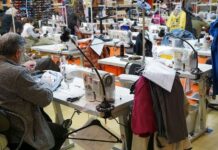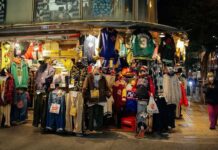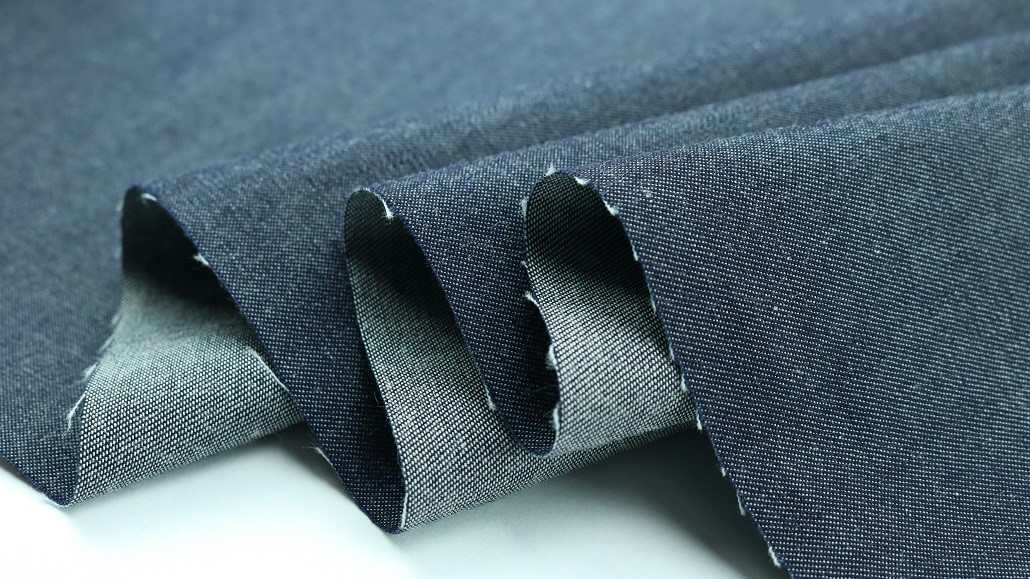The Transformers Foundation, in partnership with Naveena Denim Ltd (NDL) and the Indigo Council, has introduced a pioneering benchmark for water consumption in the indigo dyeing process. This new initiative seeks to enhance clarity and accountability regarding sustainability claims in the denim sector.
Titled “A Reference for Water Consumption During Indigo Dyeing,” the report is the result of months of collaborative work involving dye experts, mill technicians, machinery manufacturers, and chemical suppliers. It sets baseline metrics and identifies “best-in-class” standards for water usage in both rope and slasher dyeing systems.
The research draws on data collected from seven mills situated in Pakistan, Türkiye, Italy, and China. The results reveal significant variations in water usage between different dyeing methods while also indicating considerable potential for reduction through the adoption of best practices.
The report underscores the necessity of precise monitoring, consistent process control, and smart water management to improve dyeing efficiency and minimize environmental impacts.
Members of the Indigo Council include leading companies such as Candiani Denim, Crescent Bahuman, Diamond Denim, Naveena Denim, Soorty, Orta, and Advance Denim. Support for machinery came from Morrison Textile Machinery and Karl Mayer, while bluesign and DyStar provided technical guidance.
Andrew Olah, founder of the Transformers Foundation, commented, “One of the most encouraging findings in this report is the willingness of mills to work together and share data transparently, a testament to Transformers’ culture of collaboration. It’s a powerful reflection of the strength and integrity of our supply chain.”
He further emphasized, “Prior to this report, claims like ‘80% less water’ have frequently gone unchallenged. Without transparency and specificity, such figures become marketing jargon: just enough to sound responsible, never enough to be meaningful. Real sustainability requires real data, and this report provides exactly that.”
This report comes at a time when environmental claims in the denim industry are under increased scrutiny, propelled by regulations such as the EU Green Claims Directive, the UK Green Claims Code, and recent legal actions in the U.S. against deceptive green claims.
The new framework aims to provide brands, mills, and innovators with a reliable method for measuring water usage against a common standard, facilitating the assessment of new dye technologies and chemical systems based on credible evidence.
Notably, the initiative does not favor any particular dyeing technology but instead promotes a transparent framework that encourages sustainable advancement throughout the industry.
The Indigo Council and Transformers Foundation expect other stakeholders, particularly mills and suppliers, to unite in sharing data and creating open-source tools that support sustainability efforts within the supply chain.
Paolo Leidi, technical director of the Transformers Foundation, remarked, “This report marks a historic first in the denim industry, bringing together mills from across the globe to share verified, third-party data on actual water use. We hope it sets the stage for ongoing cooperation across the supply chain, building a more transparent and responsible industry.”

































